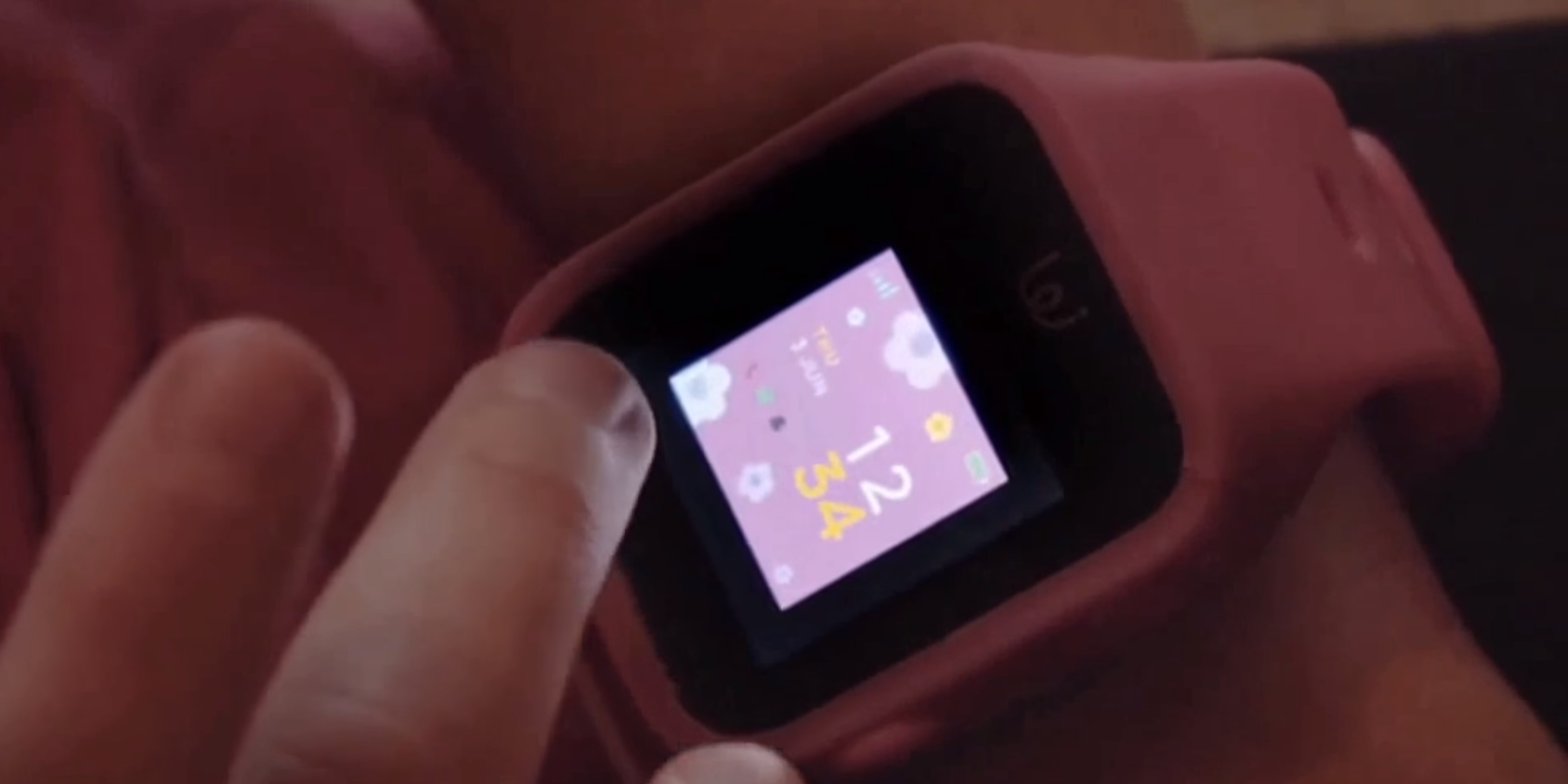Germany is taking a stand against smartwatches designed for children, with its chief telecommunications agency reportedly viewing them more as spying devices than toys. The agency is reportedly encouraging teachers to be on the lookout for them in school settings and advising parents to destroy them if they’ve bought one for their child.
In October, the European Consumer Organization issued an advisement warning parents about the myriad security flaws present in smartwatches aimed at kids, and it suggested that they not be purchased or used.
The reason, in simple terms, is that such devices could theoretically be hijacked by hackers. The microphones in each smartwatch carry the potential to be turned into clandestine listening devices or to let unknown people contact the children without their parents’ knowledge. They could also theoretically be used for hackers to track children’s locations, an obviously harrowing prospect for any parent.
Germany bans smartwatches designed for children (and marketed to parents); citing security flaws that make children more vulnerable (GPS tracking and spoofing by hackers) than if they did not have a GPS smartwatch at all. https://t.co/uBbAIQMXBH via @verge pic.twitter.com/530Q43F7fk
— John Luu (@stimulacra) November 19, 2017
The decision in Germany is reportedly not related to that Europe-wide public service announcement, however. Rather, according to Bleeding Computer, the German ban is more concerned with parents themselves using apps to spy on their children or under circumstances in which other people can be picked up on the mic, too. The president of Germany’s Federal Network Agency, Jochen Homann, says the agency’s research suggests parents have been listening in on their children’s classrooms.
“Via an app, parents can use such children’s watches to listen unnoticed to the child’s environment and they are to be regarded as an unauthorized transmitting system,” Homann told the BBC. “According to our research, parents’ watches are also used to listen to teachers in the classroom.”
In short, anyone living in Germany will now find it very difficult to come by a smartwatch designed for kids. Such watches continue to be commercially available in the United States, however.


